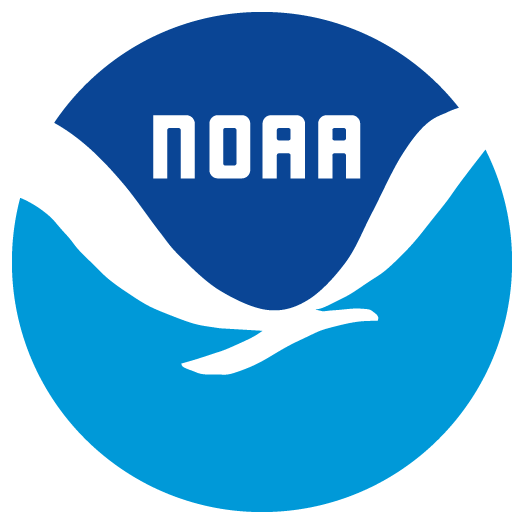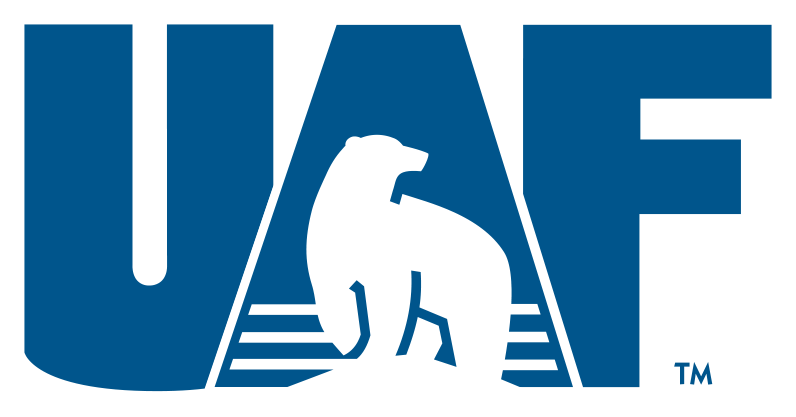A sea otter and its pup bob on the sea near Cordova, Alaska. Thousands of sea otters died after exposure to pollution from the Exxon Valdez oil spill, and these marine mammals quickly became the "poster children" for the devastation wrought by the spill. Photo © Thomas C. Kline
Exxon Valdez Oil Spill 20th Anniversary
EVOS and Alaska Sea Grant—People, Process, and Progress
March 2009 Exxon Valdez Oil Spill 20th Anniversary events sponsored by the Alaska Sea Grant College Program and the National Sea Grant Law Center, University of Mississippi
Through the Lens of EVOS: The Unpredictable and Critical Role of Citizen Input in Environmental Crisis Management
Thursday, March 19
4:00 p.m. to 5:30 p.m.
Vera Alexander Learning Center, O'Neill Building, University of Alaska Fairbanks
Environmental law experts and members of the 1989–1990 Alaska Sea Grant Legal Research Team, Zygmunt Plater and Harry Bader, and former Alaska attorney general Charlie Cole, will present a School of Fisheries and Ocean Sciences Institute of Marine Sciences special seminar on citizen engagement in marine transportation safety, with an emphasis on crude oil and other hazardous substance spills. Cole played a central role in post-EVOS monetary settlements as attorney general under Governor Wally Hickel, and helped to implement the recommendations of the ASG Legal Research Team as the State Legislature enacted measures to improve the safety of Alaska's crude oil transportation system. The seminar will be videoconferenced to SFOS facilities at Lena Point in Auke Bay, Kodiak Fishery Industrial Technology Center, and the SFOS/IMS Rae Building in Seward.
EVOS: A Time of Creative Opportunities
Tuesday, March 24
9:00 a.m. to 10:30 a.m.
Dena'ina Civic and Convention Center, Anchorage
The ASG Legal Research Team—joined by Walt Parker, Chair of the State of Alaska Oil Spill Commission, and two former Alaska attorneys general, Charlie Cole and John Havelock, who also served as Executive Director of the Oil Spill Commission—will recount some of the strategic efforts and lessons in the aftermath of the wreck of the Exxon-Valdez, focusing on the work of the Oil Spill Commission and the ASG Legal Research Team. The team's recommendations were adopted by the Alaska Oil Spill Commission, and ultimately by the State of Alaska, substantially contributing to improvements for the safety and reliability of marine transport of crude oil and other hazardous substances. Thoughts will be shared on how Alaska might further improve its oversight of marine transportation and spill prevention and response. Audience questions and comments will be taken, and the event will be videoconferenced to several Alaska coastal communities.
This Alaska Sea Grant panel presentation is one in a series of "Partners in Prevention" public awareness events sponsored by the Prince William Sound Regional Citizens' Advisory Council to mark the 20th anniversary of EVOS.
Then and Now: The Alaska Oil Spill at 20
Tuesday, March 24
7:00 p.m. to 8:30 p.m.
Rasmuson Hall, University of Alaska Anchorage
In cooperation with the Prince William Sound Regional Citizens' Advisory Council, we will show the new PWSRCAC retrospective video about EVOS, titled "Then and Now: The Alaska Oil Spill at 20." The half-hour video showing will be followed by discussion with ASG Legal Research Team members Zygmunt Plater and Harry Bader, focusing on citizen oversight and other regulatory aspects of marine transport of hazardous substances and high latitude shipping safety. Refreshments will be served.
About the photo
Thomas Kline, the photographer who recently shot this photograph, was funded by Alaska Sea Grant as a doctoral student in the 1980s at the University of Alaska Fairbanks School of Fisheries and Ocean Sciences, and now is a staff scientist with the Prince William Sound Science Center in Cordova, a marine research and education facility. The science center originally was envisioned by Alaska Sea Grant Marine Advisory agent Rick Steiner, a year before EVOS, a vision that became reality in a flurry of local, state, and federal cooperation soon after the environmental catastrophe.


